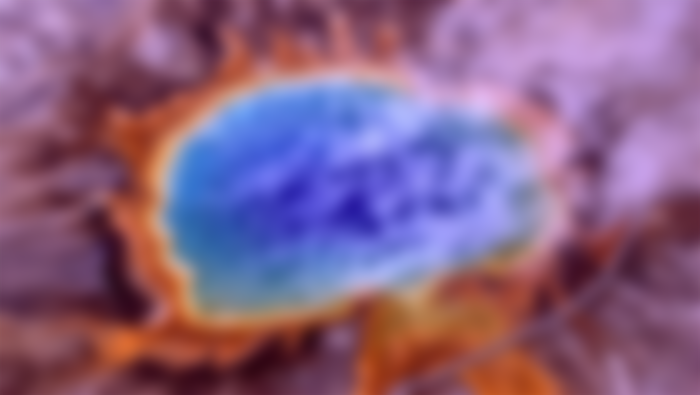Considering that 99% of the species that have ever lived on Earth have become extinct, it is certainly within the possibilities that humanity will end one day. So how can this happen? Here are some possibilities.

1. synthetic viruses
With natural viruses such as smallpox, flu, coronavirus, hiv and ebola responsible for millions of deaths, it is not surprising to see a engineered virus as one of the main existential threats to humans.
The first synthetic virus was created in 2002, and the genomes of more than 3,000 viruses are available online. The deliberate release of one of the synthetic viruses may be a matter of time.

2. super volcano eruption
A supervolcanic eruption, like the one below Yellowstone, could spew so much ash that it could block the sun and plunge the Earth into an ice age. can cause the extinction of many species in the process.
While solar energy directs almost every natural process, being deprived of it will greatly reduce the possibility of human existence.

3. artificial intelligence
Experts predict that in the next few decades we will achieve an AI as smart as a human.
But it won't end there: then AI will get much smarter and we won't be able to understand his thinking any more than a dog can understand ours.
possible outcome? if we can focus our digital servants on the right goals: immortality. if we can't provide it: extinction.

4. nuclear apocalypse
The number of countries with nuclear weapons is increasing. A major nuclear conflict could have the effect of blocking the sun's rays, just as it would in a supervolcanic eruption.
A nuclear winter, combined with radioactive fallout, could create a world where, as former Soviet Union leader Nikita Khrushchev said, "the living will envy the dead."

5. antibiotic resistance
The discovery of penicillin in 1928 changed the world and made infection a minor ailment, not a death sentence.
But the overprescribing of antibiotics, combined with the meat industry's enthusiasm for routine injections of antibiotics into healthy animals, has revealed a flaw in our strongest weapon: antibiotic resistance.
Antibiotic resistance rightly scares most of today's scientists. If we don't reduce our use or discover new sources for drugs, we can quickly go back to the bad old days.




